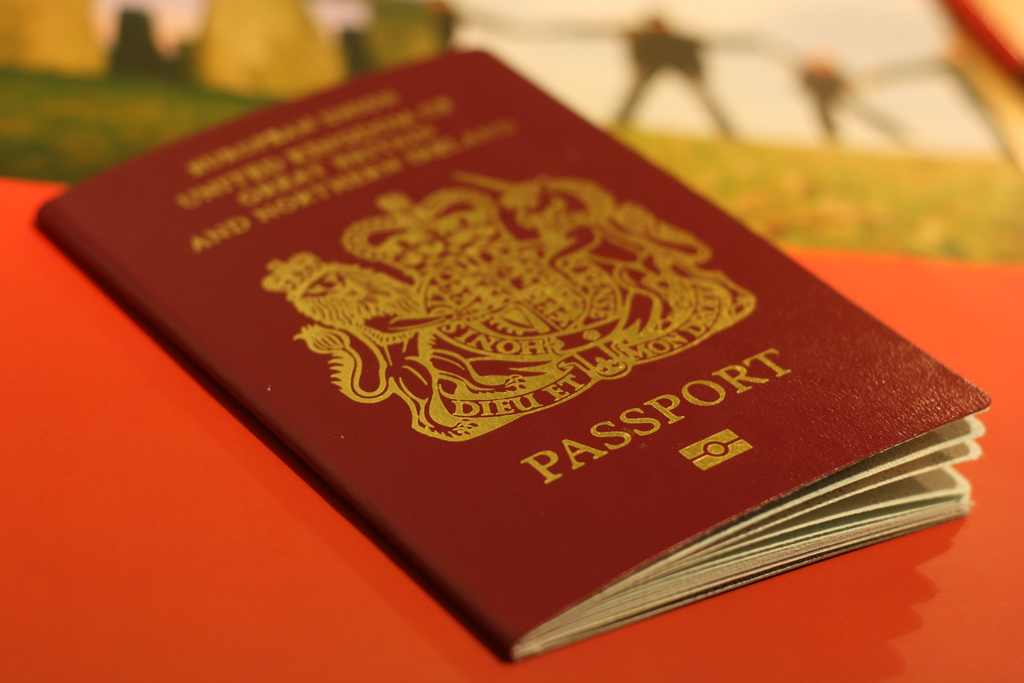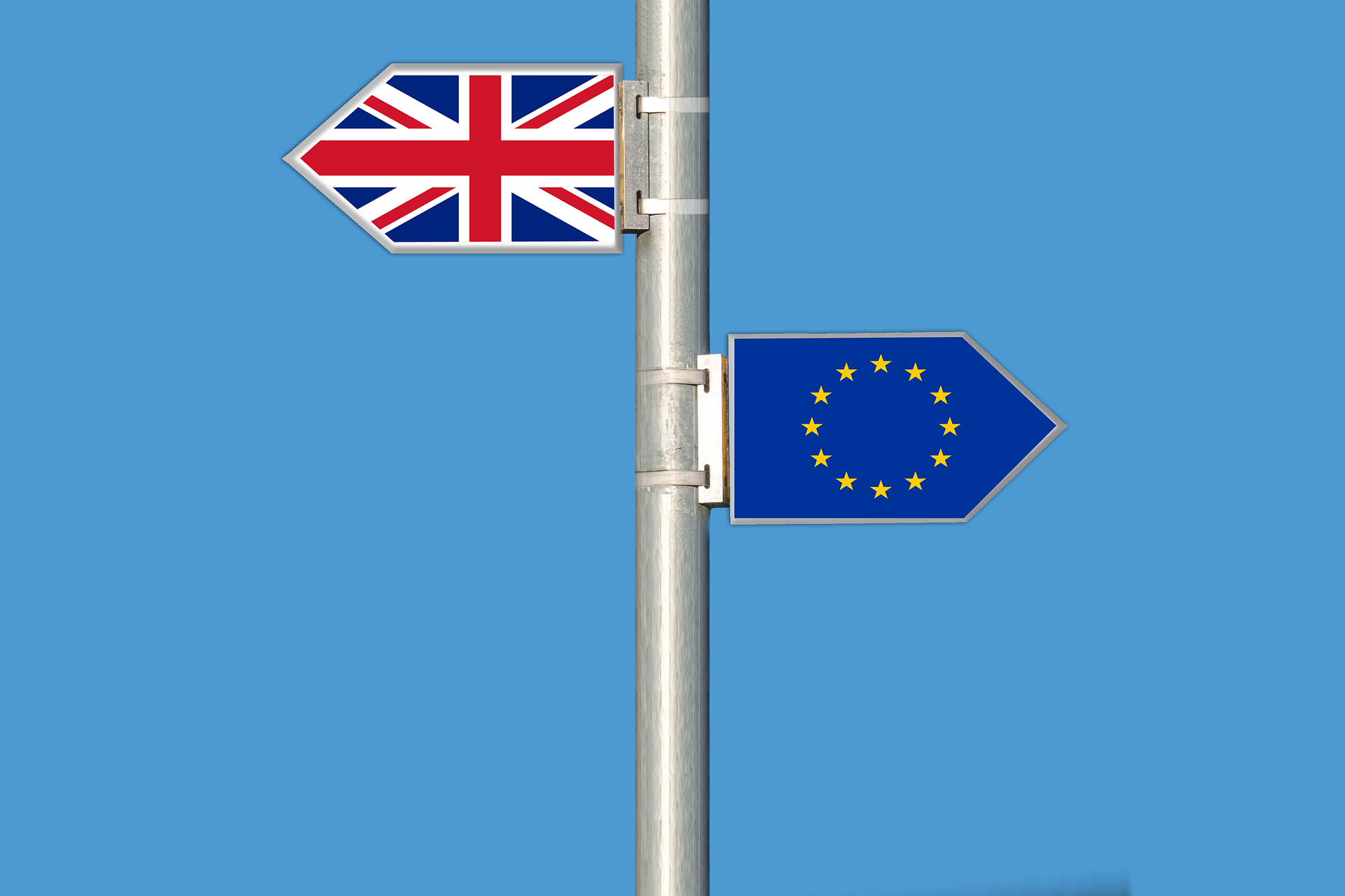The UK formally leaves the European Union at 11pm tonight – almost four years since the 2016 referendum.
An 11-month transition period will begin immediately, during which things will mostly stay the same.
Among the changes are that freshly issued British passports will be blue, rather than burgundy. British MEPs will also no longer take up their seats in the European Parliament.
The most important changes to our rights remain are set to take effect after December 2020. Here they are in no particular order.
Workers’ Rights And Environmental Protections
The UK will no longer need to adhere to the EU’s “level playing field” commitments to workers’ rights, and environmental protections after the transition period ends in December 2020.
These commitments include:
- The working time directive, limiting the number of hours people can work a week;
- Requirements for workers doing the same jobs to be paid equally;
- Caps on the amounts of particular pollutants that can be in the air.
A legal obligation to do this was removed from the final European Union (Withdrawal Agreement) Act.
The government has said it will protect and enhance these rights in a separate employment bill.
Lone Child Refugee Rights
There is a risk that lone child refugees in Europe could lose their right to be reunited with family members in the UK after the transition period ends.
These rights are protected by the EU’s Dublin III Regulation – which the UK will no longer be part of post-December.
The government removed a clause from its Withdrawal Agreement Act obliging it to negotiate a continuation of this arrangement.
It has said it still plans to protect child refugees’ rights – but in a separate immigration bill, which has not yet been released.
No Hard Border In Ireland
The withdrawal agreement appears to have found a solution to one of the biggest human rights concerns around Brexit – a hard border in Ireland.
It was feared that a physical border for checking goods travelling between Northern Ireland and the Republic of Ireland would become a target for paramilitary groups.
This could have disrupted the delicate peace that has existed since 1997’s Good Friday Agreement.
Currently, there is free movement between the Republic of Ireland and Northern Ireland and this will continue, even if no trade deal is agreed by December 2020.
There will likely be more checks between goods passing from Northern Ireland to the rest of the UK. How this will work is still being negotiated.
EU Charter of Fundamental Rights
After December, the UK will no longer be subject to the European Union’s Charter of Fundamental Rights.
This charter repeats the human rights included in the European Convention on Human Rights.
But it is a completely separate framework to the Convention, which we will continue to be part of after Brexit.
It adds a number of additional protections, including:
- the right to fair working conditions;
- protections against certain unjustified dismissal and discrimination issues;
- minimum paid holiday;
- regulations on working hours;
- regulations on equal pay.
Freedom Of Movement

Image Credit: Chris Fleming / Flickr
The right to freedom of movement among UK citizens within Europe will end after the transition period ends on 31 December 2020, unless this period is extended.
UK citizens in the EU and and EU citizens in the UK will keep their residency and social security rights after Brexit.
Freedom of movement rules will continue to apply during the 11-month transition period, after which it will come to an end. This means UK nationals will be able to live and work in the EU, and EU nationals will be able to live and work in the UK for 11 more months.
Anyone staying in the same country for five years will be allowed to apply for permanent residence.
Future Trade Deal
Britain’s future economic relationships with the EU and the rest of the world remain relatively unknown.
The UK has until the end of the transition period in December to strike up a deal with the EU.
The EU may insist that human rights clauses are embedded into any future trade deal it strikes with the UK. This is something the UK government has said it attaches a high value to.
At least 15 agreements have been signed between the UK and other 46 other countries. Most fail to cover human rights.
EU Settlement Scheme
EU citizens who wish to have the right to live and remain in the UK post-Brexit must apply for the government’s settlement scheme (EUSS).
Applicants who have resided continuously in the UK for at least five years before making the application are eligible for “settled status” – which is the same as indefinite leave to remain.
Those with less than five years residence would be eligible for “pre-settled” status, in other words limited leave to remain, for five years to allow them to complete five years’ residence and become eligible for settled status.
The deadline to apply is currently 30 June 2021. There have been a number of issues with the scheme – with thousands of children and elderly people yet to apply.
It has been warned that it could lead to EU citizens becoming undocumented migrants, leading to another “Windrush scandal”. However, the government has assured the EU that undocumented EU citizens will not be deported if they fail to apply for settled status.







